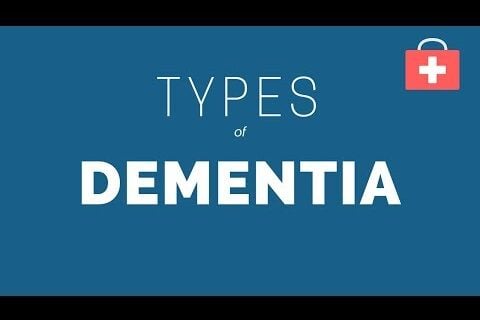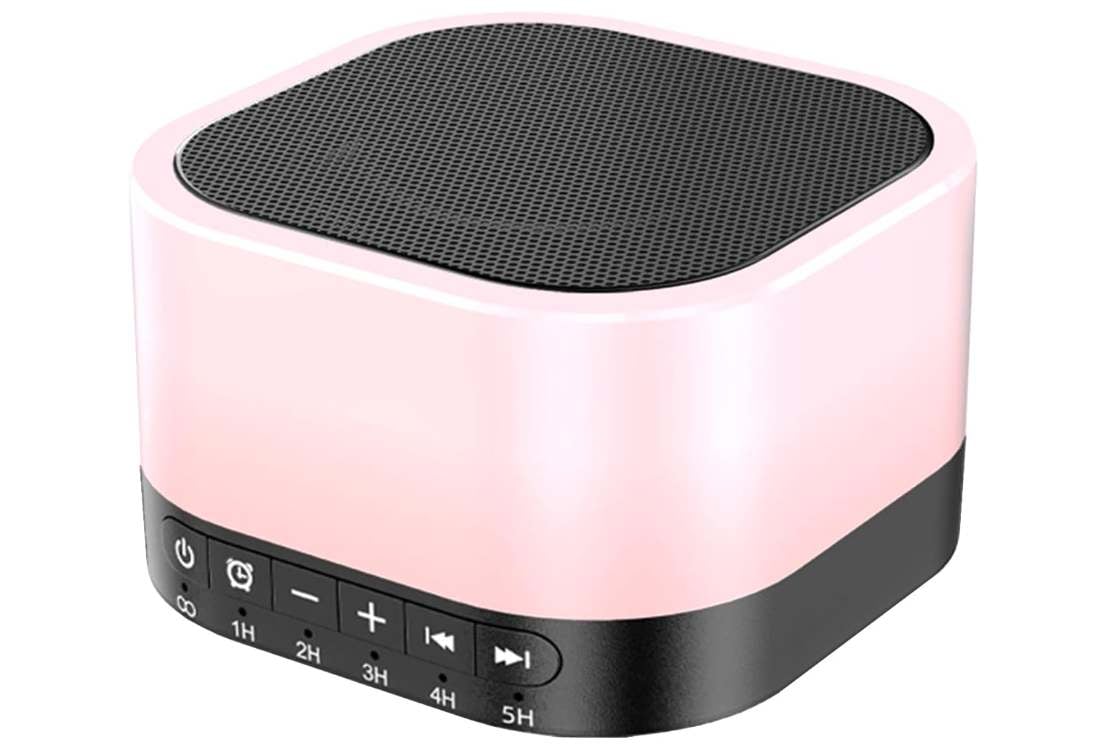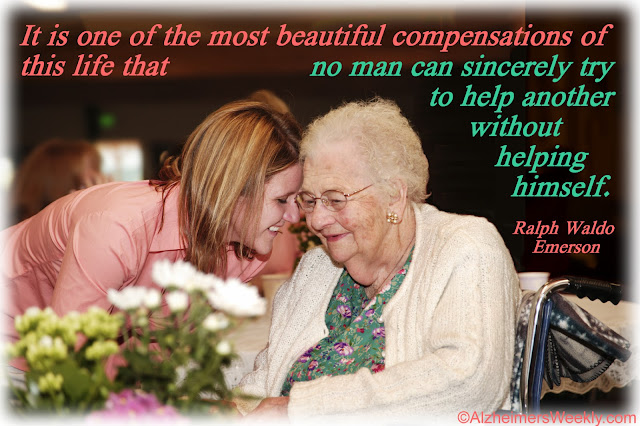
Bruce Willis and Frontotemporal Dementia
Diane Sawyer sat down with Emma Heming Willis and Neurologist Dr. Bruce Miller to talk about Bruce Willis’ health. (11 minute video)

Diane Sawyer sat down with Emma Heming Willis and Neurologist Dr. Bruce Miller to talk about Bruce Willis’ health. (11 minute video)

This “Overview for Med Students” sums up 5 common types of dementia: Alzheimer’s, Parkinson’s, Lewy body, vascular and frontotemporal dementia. Watch now.

Two wives caring for their husbands with dementia generously share their experiences and offer caregiving tips to those find themselves in a similar position with a loved one.

Frontotemporal Dementia, FTD, is the most common form of dementia in people under age 60. Why isn’t it better known?

ARTICLE ON TRACERS + VIDEO ON TAU 2 new PET tracers promise to change the face of diagnosing and researching dementias such as Alzheimer’s. Learn how

Can new MRI technology effectively & non-invasively diagnose the type of dementia that is afflicting a person?

SLEEP VIDEO & ARTICLE: Sound stimulation can improve sleep and memory for people with pre-dementia. This study used easy-to-buy “pink noise” machines. See how simple sleep therapy makes a real difference.

Looking for the best digital photo frame for a loved one with dementia? Many frames claim to be senior-friendly. We explore the Pix-Star series, rated best for its combination of features and value for the money.

VIDEO+ARTICLE: Sundowning in dementia can derail evenings with anxiety, agitation, and confusion. Here’s why it happens—and what actually helps.

It is one of the most beautiful Compensations of this life thatNo man can sincerely try to help anotherWithout helping himself.

What are the early symptoms of Alzheimer’s? When to get a professional evaluation.

SHORT-TERM MEMORY lapses are obvious signs of Alzheimer’s, but other tell-tale signals begin to show much earlier. Learn how to look for semantic impairments, such as simple questions about size.

Three important dementia studies focus on HS-AGING, a type of dementia almost as common as Alzheimer’s in the 85+ group. Yet few people have heard of it. Why? What makes it different?
No spam, only news and updates.


